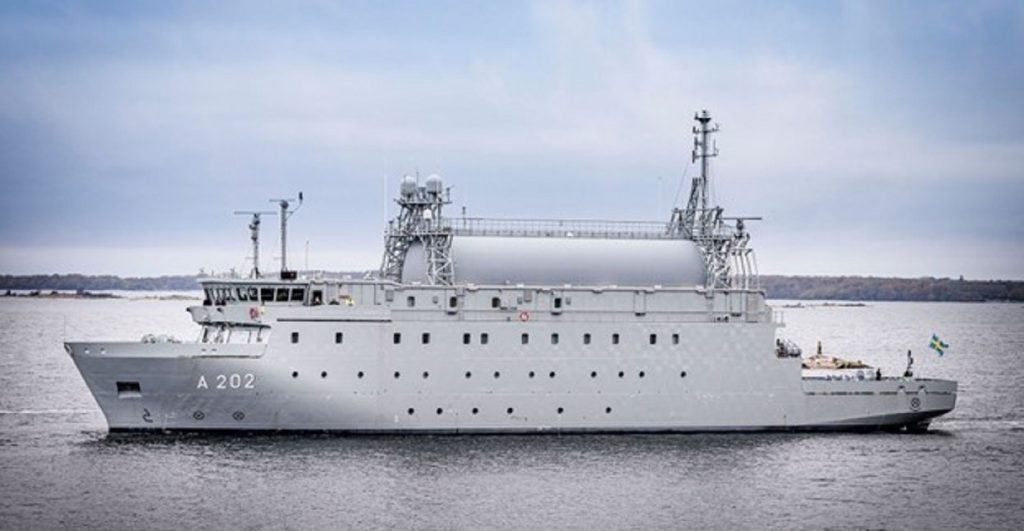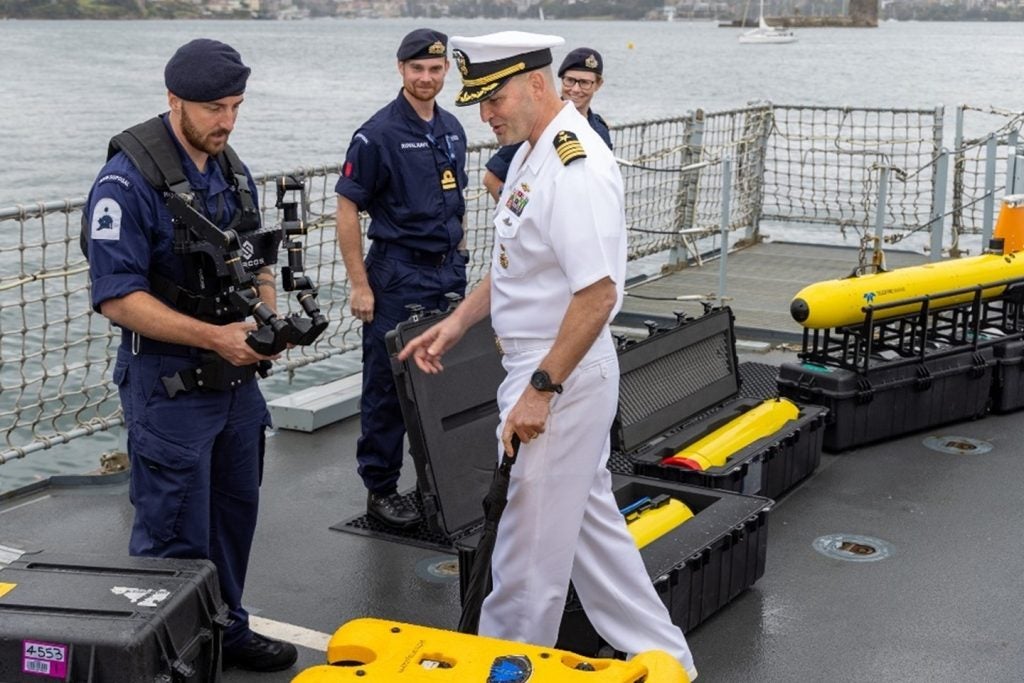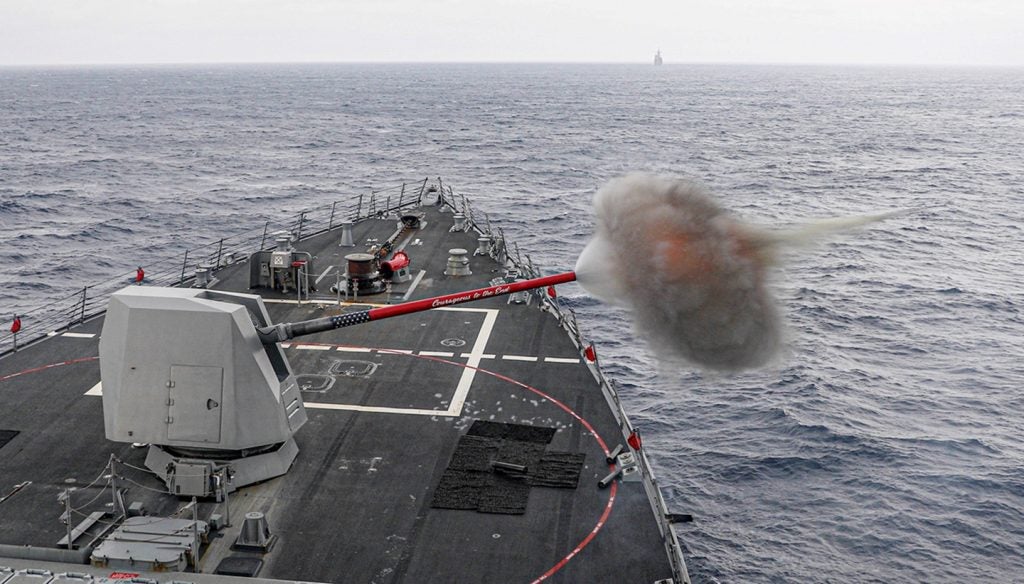Sweden’s Defence Materiel Administration (FMV) announced in a 15 November press release that it has finally delivered HMS Artemis, the nation’s new auxiliary vessel, to the Armed Forces after integrating an advanced signals intelligence (SIGINT) suite.
Sweden’s latest SIGINT vessel will replace the Navy’s 40-year-old Orion-class vessel.
Artemis has a length of 74.6 metres, a width of 14m, weighing 3,000 tonnes, comprising 35 cabins and 40 bunks – all powered by four diesel generators.
The Swedish Government originally ordered the vessel from Saab Kockums in 2017 and expected the ship to be delivered three years later.
However, the construction of Artemis faced considerable delays due to the ship’s special conceptual design, issues due to Covid-19 as well as financial problems with its subcontractor, Stocznia Remontowa Nauta, a Polish company based in Gdynia.
It was not until 28 April 2023 that Saab finally delivered the vessel to the FMV for signals integration.
The FMV says that Artemis has better manoeuvrability and will also provide the Armed Forces’ personnel with a better living environment onboard. In addition, her electromagnetic compatibility has been improved. This means that the level of disturbing signals emitted by the ship has been reduced.
Swedish military presence
“This day is long-awaited by many and given the serious times we live in, it could not come timelier. The need for a good defence intelligence capability and a modern signit vessel has never been greater in modern times. The importance of HMS Artemis and its crew can therefore hardly be overstated,” stated Fredrik Lindén, head of the naval equipment business area at FMV.
Historically neutral and independent, Russia’s full-scale invasion of Ukraine forced Sweden to re-evaluate its neutrality – its application to join Nato marks a distinct move away from non-alignment.
Sweden is committed to ensuring readiness in the face of heightened tensions that have resulted from increased competition between regional state powers. In its defence white paper, the Swedish defence community identified the trend for Russia to use a ‘broader and more coordinated arsenal of means of applying pressure’, meaning a mixture of outright military force and subversive means.












